Police arrested an assistant scoutmaster in suburban New York City in December and accused him of giving LSD, alcohol, and marijuana to a 13-year-old member of his Boy Scout troop.
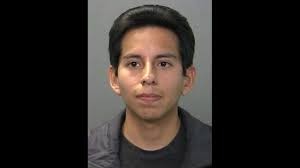 Lawrence Moschitta, 32, was arrested Dec. 13, according to published reports. Court records say the alleged crime occurred Dec. 3 at Moschitta’s home on Long Island.
Lawrence Moschitta, 32, was arrested Dec. 13, according to published reports. Court records say the alleged crime occurred Dec. 3 at Moschitta’s home on Long Island.
He now faces at least two misdemeanor charges, failure to exercise control of a minor and unlawfully dealing with a child. He posted $2,500 cash bail on a $5,000 bond and was released from the local jail shortly after his arrest.
Scoutmaster’s father claims accusations are “false”
Moschitta didn’t have an attorney as of Dec. 16, according to reports, and his father said he wasn’t available to comment. Moschitta was an Eagle Scout, father Anthony Moschitta said. The elder Moschitta said he served as a Boy Scout leader for more than 30 years. He said the accusations are “shocking” but “false.”
“He would never do anything to endanger a Scout,” Anthony Moschitta said.
Moschitta removed from the scouts organization
 Boy Scout Troop 183, located in West Babylon, N.Y., removed the younger Moschitta as assistant scoutmaster and expelled him from the organization, according to a letter from a local scoutmaster that was published by The Associated Press. The letter said troop leaders would cooperate closely with police in their investigation.
Boy Scout Troop 183, located in West Babylon, N.Y., removed the younger Moschitta as assistant scoutmaster and expelled him from the organization, according to a letter from a local scoutmaster that was published by The Associated Press. The letter said troop leaders would cooperate closely with police in their investigation.
“The alleged incident happened outside of a Troop function, but did involve one of our scouts,” wrote Scoutmaster Guy Zummo. Zummo declined to comment beyond the letter.
But other scoutmasters called the charges disturbing. Ryan A. DiBernardo, who leads the Suffolk County Council of the Boy Scouts, said what Lawrence Moschitta is accused of doing runs “counter to everything for which the Boy Scouts of America stands.” The Boy Scouts, he said, do not “tolerate or condone illegal drug use by youth or adults, and we take this issue seriously.”
It was unclear what rank the boy had achieved in the Scouts, or how long Lawrence Moschitta had been with Troop 183. Police also didn’t disclose how much of the drugs the child consumed or whether he became sick.
Not an isolated incident
This is hardly the first case involving adults feeding drugs to children. A 45-year-old Maryland resident was arrested in July and charged with giving cannabis to three teenagers. She also allegedly tried to teach a 6-year-old girl how to light up. A Georgia couple were busted last year and accused of trapping two boys in a basement and forcing them to consume marijuana.
Little is known about the long-term effects of drugs on teenagers, including marijuana use. But acid can cause recurring flashbacks and extreme anxiety episodes. And a mix of drugs such as LSD, pot, and alcohol can have strong amplifying effects.
Scoutmaster Charged with Feeding LSD, Marijuana to Child
 New data out of the federal government show that argument for what it is – bunk. The 2015 Monitoring the Future Survey, an annual questionnaire from the University of Michigan and the National Institute on Drug Abuse (NIDA) found
New data out of the federal government show that argument for what it is – bunk. The 2015 Monitoring the Future Survey, an annual questionnaire from the University of Michigan and the National Institute on Drug Abuse (NIDA) found 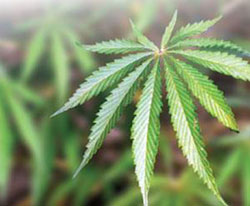 This year’s results were the most heartening since the study was launched in the 1970s. The numbers fly in the face of claims made by
This year’s results were the most heartening since the study was launched in the 1970s. The numbers fly in the face of claims made by  In a new incident out of Florida, at least the third of its kind, police say a resident of the Central Florida Atlantic Coast tried to break into a jail
In a new incident out of Florida, at least the third of its kind, police say a resident of the Central Florida Atlantic Coast tried to break into a jail 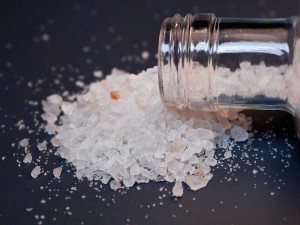 Flakka is one of a number of increasingly popular “research chemicals.” These potent drugs are synthesized in laboratories, unlike most traditional drugs, which derive from natural sources: opium poppies, coca leaves, and cannabis plants, among others. Synthetic drugs are designed to create effects similar to those of marijuana and other popular natural drugs.
Flakka is one of a number of increasingly popular “research chemicals.” These potent drugs are synthesized in laboratories, unlike most traditional drugs, which derive from natural sources: opium poppies, coca leaves, and cannabis plants, among others. Synthetic drugs are designed to create effects similar to those of marijuana and other popular natural drugs.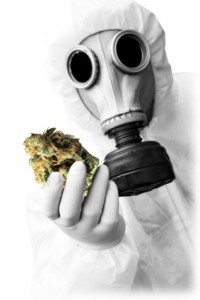 The 13th such incident happened in December, when Advanced Medical Alternatives voluntarily recalled 27 vape cartridges filled with hash oil that contained illegal, potentially dangerous pesticides. The pesticides are not always illegal, but they are
The 13th such incident happened in December, when Advanced Medical Alternatives voluntarily recalled 27 vape cartridges filled with hash oil that contained illegal, potentially dangerous pesticides. The pesticides are not always illegal, but they are 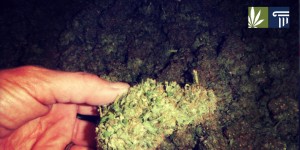 “Furthermore, the company is voluntarily implementing a new testing program for each crop produced by the company and/or that is incorporated into products produced by the company,” the note said. “The company will continue to strive to be a leader in developing and/or implementing the highest industry standards. Thank you in advance for your continued support of such efforts and the company.”
“Furthermore, the company is voluntarily implementing a new testing program for each crop produced by the company and/or that is incorporated into products produced by the company,” the note said. “The company will continue to strive to be a leader in developing and/or implementing the highest industry standards. Thank you in advance for your continued support of such efforts and the company.”
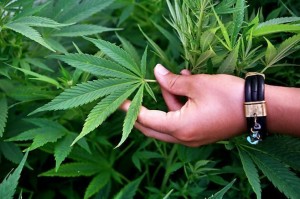
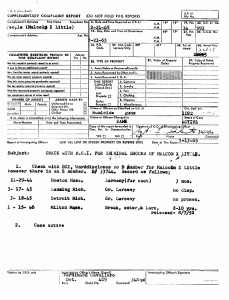 There are plenty of things about being accused of
There are plenty of things about being accused of  The council’s Public Service Committee cast a unanimous vote to pass a resolution that asks the county board to
The council’s Public Service Committee cast a unanimous vote to pass a resolution that asks the county board to  That is one of the stiffer laws against marijuana use in the United States. Even so, Miami-Dade county, the state’s largest metro region, successfully moved to decriminalize earlier this year. Experience in other places suggests that once the public votes against a law enforcement policy, even if only at the local level, police are less likely to enforce that policy.
That is one of the stiffer laws against marijuana use in the United States. Even so, Miami-Dade county, the state’s largest metro region, successfully moved to decriminalize earlier this year. Experience in other places suggests that once the public votes against a law enforcement policy, even if only at the local level, police are less likely to enforce that policy.